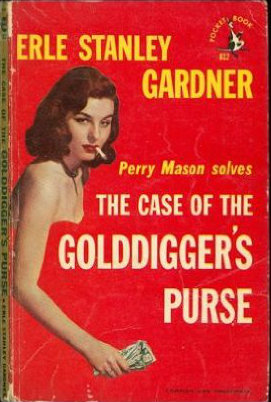Silent Thunder by Loren D. Estleman
Review by Matt B. (buffalosavage)
This is the ninth mystery to star the series hero Amos Walker, published in 1989. In the hard-boiled manner of Raymond Chandler’s Phil Marlowe, Walker drinks like a fish, smokes like a chimney, shoots straight as an arrow, and cracks as wise as … an owl?
Walker is hired as a freelancer by a large security firm. The behemoth assigns him to investigate Doyle Thayer Junior. His widow Constance has admitted to killing Junior but claims his history of abusing her drove her to plug him fatally in self-defense. Building an argument for self-defense, her lawyer wants Walker to dig up dirt on the dead husband so that the jury will be grateful to the widow for removing such a menace to society. Inarguably, Thayer Junior was a threat to himself and others because he collected enough weapons to stock an arsenal and he partied like it was 1989. Guns, alcohol, testosterone, and negligent gun safety practices were as volatile a mix then as it is nowadays.
Walker’s investigation takes him to the market in illegal guns. His nearly paid-for Chevy is raked by M-16 fire by a hooded quartet. After getting bonked on the head by a knuckle-walker, Walker is comforted by the widow. Not just with iodine.
The language is rough, various scenes feature gun violence. The grim attitudes reflect the noir fallacy that the world is more dangerous and grisly than it really is. The reveal centers around a villain whose plot is as grandiose as any Bond-movie megalomaniac.
But Estleman’s hard-boiled mystery never fails to entertain. Walker, like Lew Archer, has soul and quick wit, though realistic and tough. The references to SE Michigan and uses of local lingo such as “up north” will appeal to Downriver born and bred readers like me.








